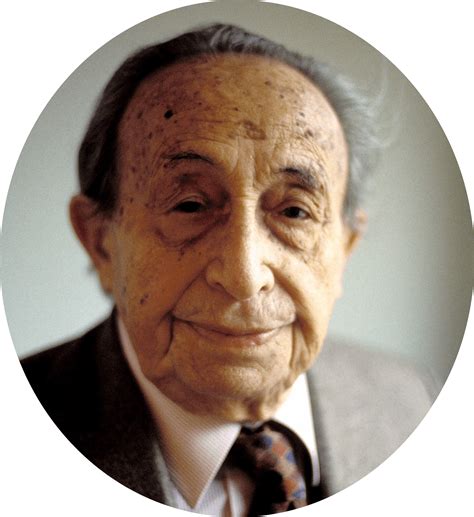A Quote by Jorge Luis Borges
There is no exercise of the intellect which is not, in the final analysis, useless. A philosophical doctrine begins as a plausible description of the universe; with the passage of the years it becomes a mere chapter if not a paragraph or a name in the history of philosophy.
Related Quotes
Philosophy aims at the logical clarification of thoughts. Philosophy is not a body of doctrine but an activity. A philosophical work consists essentially of elucidations. Philosophy does not result in 'philosophical propositions', but rather in the clarification of propositions. Without philosophy thoughts are, as it were, cloudy and indistinct: its task is to make them clear and to give them sharp boundaries.
A lot of Christians have been taught a story that begins in chapter 3 of Genesis, instead of chapter 1. If your story doesn't begin in the beginning, but begins in chapter 3, then it starts with sin, and so the story becomes about dealing with the sin problem. So Jesus is seen as primarily dealing with our sins.
One of the things I want to do in the book is to explore how philosophy can be done in literature. I start doing that in the first chapter, by introducing the idea of "philosophy by showing". What literature/philosophy shows is how to look at some important facets of life in a new way, thus changing the frame in which subsequent philosophical argument proceeds.
If Mother Culture were to give an account of human history using these terms, it would go something like this: ' The Leavers were chapter one of human history -- a long and uneventful chapter. Their chapter of human history ended about ten thousand years ago with the birth of agriculture in the Near East. This event marked the beginning of chapter two, the chapter of the Takers. It's true there are still Leavers living in the world, but these are anachronisms, fossils -- people living in the past, people who just don't realize that their chapter of human history is over. '
I fully agree with you about the significance and educational value of as well as history and philosophy of science. So many people today - and even professional - seem to me like someone who has seen thousands of trees but has never seen a forest. A knowledge of the historic and philosophical background gives that kind of independence from prejudices of his generation from which most scientists are suffering. This independence created by philosophical insight is - in my opinion - the mark of distinction between a mere artisan or specialist and a real seeker after truth.
Years should not be devoted to the acquisition of dead languages or to the study of history which, for the most part, is a detailed account of things that never occurred. It is useless to fill the individual with dates of great battles, with the births and deaths of kings. They should be taught the philosophy of history, the growth of nations, of philosophies, theories, and, above all, of the sciences.




































